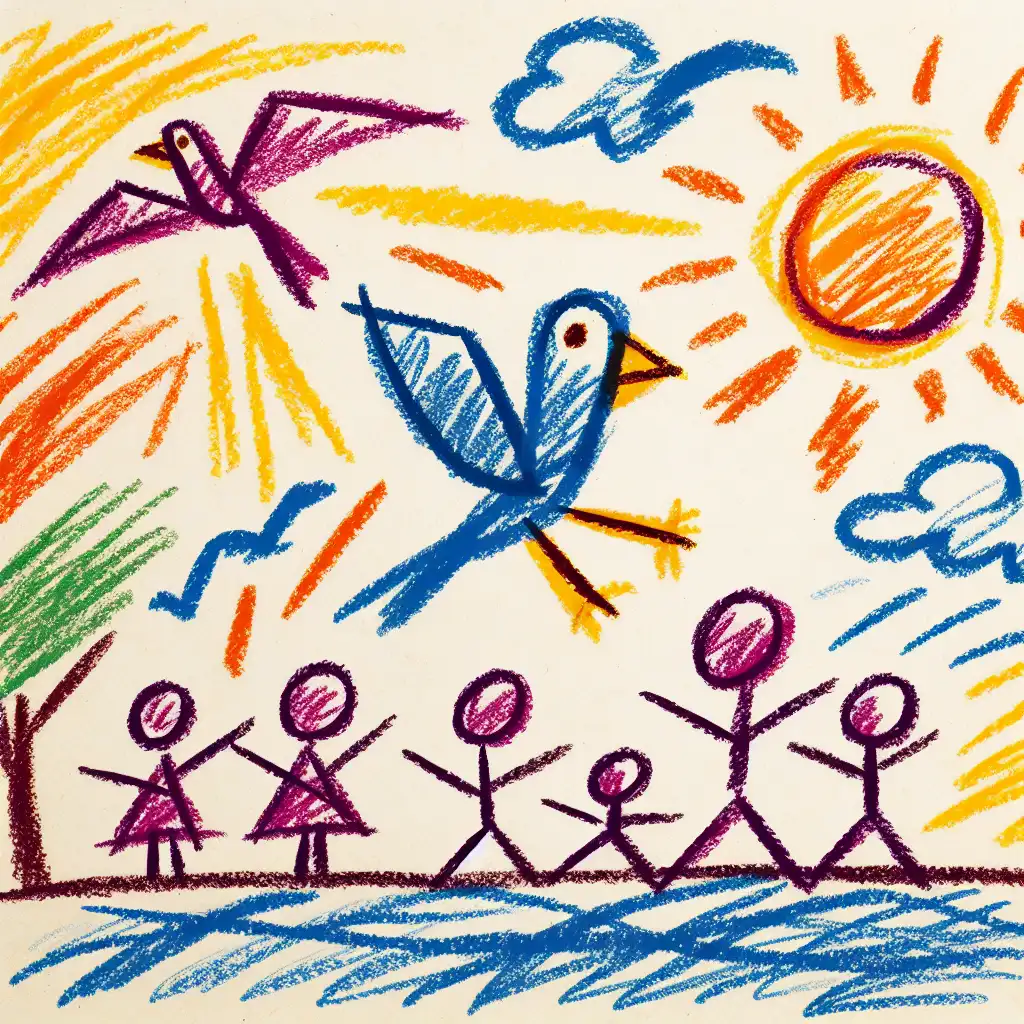Researchers find that songbirds sometimes get 'divorced'

Explain Like I'm 5
Imagine you have a favorite play buddy at school, but one day you decide to play with someone else because they have the coolest new toys. Well, some birds do something a bit like this too! Researchers at Oxford University found out that songbirds, which are these small, chirpy birds you might see around, sometimes choose not to be buddies anymore with their bird partners from last season. They do this because they might find a new bird that could be a better partner for making baby birds. It’s kind of like deciding to switch playmates because you think you'll have more fun!
Explain Like I'm 10
Alright, so at Oxford University, scientists were studying small birds called songbirds, which are known for their pretty singing. Usually, these birds stick with one partner to raise their babies. However, the researchers discovered that sometimes these birds decide to go their separate ways after a breeding season. This is kind of like a bird version of a divorce. They might do this because they think another bird could be a better match for raising the next set of baby birds. It’s like if you had a team for a school project and then decided to work with someone else on the next project because you think you’d do even better with them. The big takeaway from this study is that even in nature, finding the best partner can involve some trial and error.
Explain Like I'm 15
The study conducted by Oxford University sheds light on the mating behaviors of a common European songbird. Traditionally, these birds are known to form monogamous relationships for a breeding season to raise their offspring together. However, the new findings suggest that these songbirds sometimes "divorce" their partners when the next breeding season comes around.
This decision to switch partners isn't random. It might be influenced by several factors, such as the success of the previous breeding season or the potential of finding a better-suited mate to improve the chances of offspring survival. Think of it as optimizing their strategies to ensure their genes are passed on in the most successful way possible, similar to how you might change your study group to improve your grades.
Understanding the reasons behind these "divorces" can provide deeper insights into the evolutionary strategies of animals regarding reproduction and survival. It also raises interesting questions about animal behavior and the complexities of their social interactions. What this study highlights is the dynamic and sometimes unexpected nature of animal relationships, which can be as strategic and changeable as human ones, driven by a fundamental instinct to thrive.
Want to read the original story?
View Original Source